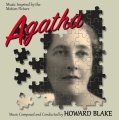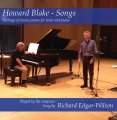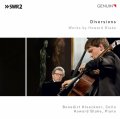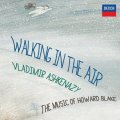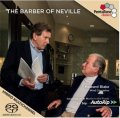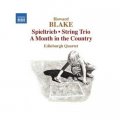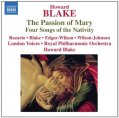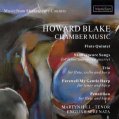 Highbridge Music Ltd.
Highbridge Music Ltd.
Studio 6, 18 Kensington Court Place, London W8 5BJ, UK
Email: howard@howardblake.com
Programme note for the Philharmonia Orchestra: Christopher Palmer (1991)
Most composers, like other people, have to earn their own living once their training is completed and, from the 1920's on, many such professionally-trained composers have welcomed the opportunity to write for radio, film, television and other media outlets. One of two things generally happens to these composers: either they give up composing their 'own' music altogether, or - more often- the one career runs parallel to the other. What is almost unheard of is for a composer deliberately to abandon a flourishing career in media-music, in mid-course, in order to devote himself exclusively to his 'own' or 'real' music. Yet this is what Howard Blake has done. What is even more unusual is that far from disowning his alter ego, the kind of musician he was and the kind of music he produced for the first 10 years of his professional life, he has found in them the mainspring of a remarkable personal renaissance. Much of the raw material of his most significant works -the Toccata for Orchestra and the Piano Concerto- derives from this source, but so refined, processed, enhanced, sublimated, as to be scarcely recognisable. The end product has a deceptive simplicity not unlike that of Mozart. I mention Mozart advisedly since the classical qualities implicit in scores like The Snowman and the Diversions for Cello and Orchestra are on full frontal display in the Piano Concerto. There is a child-like exuberance and spirit of delight...but a shrewd supervisory intelligence plots every move...and never allows the plain, ordinary, even commonplace musical language it speaks ever to to sound plain, ordinary or commonplace. Much of this is due to a strong feeling for line, and not just melody. Counterpoint is far more the essence of Blake's music than harmony. To cast a full-scale concert work in a simple diatonic style with no sense of deja vu is a considerable achievement.
- Biography
- Extended Biography
- PRS Interview
- Christopher Palmer Biog Note
- Essays
- Apologia: Encyclopaedia of Contemporary Composers (1992)
- Bibliography
- Autobiography

